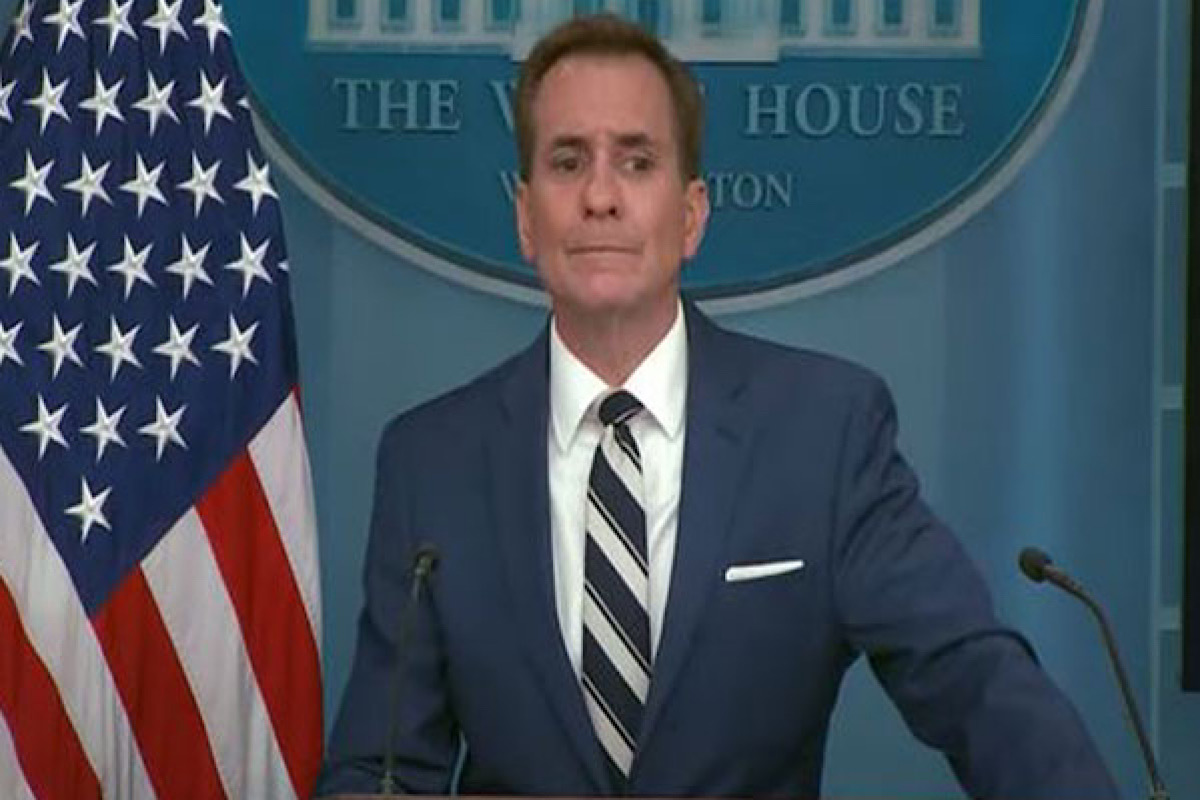The Vatican has issued a new document rejecting the idea of adjusting one’s organic intercourse – a setback for transgender individuals who had hoped Pope Francis may be setting the stage for a extra welcoming strategy from the Catholic Church.
Around the globe, main religions have various approaches to gender identification, and the inclusion or exclusion of transgender individuals. Some examples:
Christianity
The Catholic Church’s disapproving stance towards gender transition is shared by another denominations. For instance, the Southern Baptist Conference – the biggest Protestant denomination in the USA – adopted a decision in 2014 stating that “God’s design was the creation of two distinct and complementary sexes, female and male.” It asserts that gender identification “is decided by organic intercourse, not by one’s self-perception”
Nonetheless, quite a few mainline Protestant denominations welcome trans individuals as members and as clergy. The Evangelical Lutheran Church in America elected an brazenly transgender man as a bishop in 2021.
Islam
In Islam, there isn’t a single central non secular authority and insurance policies can differ in several areas.
Abbas Shouman, secretary-general of Al-Azhar’s Council of Senior Students in Cairo, mentioned that “for us, … intercourse conversion is totally rejected.”
“It’s God who has decided the … intercourse of the fetus and intervening to vary that may be a change of God’s creation, which is totally rejected,” Shouman added.
In Iran, the Shiite theocracy’s founder, Ayatollah Ruhollah Khomeini, issued a religious decree, or fatwa, many years in the past, opening the way in which for official help for gender transition surgical procedure.
Hinduism
In Hindu society in South Asia, whereas conventional roles have been and are nonetheless prescribed for women and men, individuals of non-binary gender expression have been acknowledged for millennia and performed vital roles in holy texts. Third gender individuals have been revered all through South Asian historical past with many rising to important positions of energy below Hindu and Muslim rulers. One survey in 2014 estimated that round 3 million third gender individuals reside in India alone.
Sanskrit, the traditional language of Hindu scriptures, has the vocabulary to explain three genders – masculine, female and gender-neutral.
The commonest group of third gender individuals in India are generally known as the “hijras.” Whereas some select to bear gender reassignment surgical procedure, others are born intersex. Most think about themselves neither male or feminine.
Some Hindus imagine third gender individuals have particular powers and the power to bless or curse, which has led to stereotyping inflicting the neighborhood to be feared and marginalized. Many reside in poverty with out correct entry to healthcare, housing and employment.
In 2014, India, Nepal and Bangladesh, which is a Muslim-majority nation, formally acknowledged third gender individuals as residents deserving of equal rights. The Supreme Courtroom of India acknowledged that “it’s the proper of each human being to decide on their gender,” and that recognition of the group “is just not a social or medical challenge, however a human rights challenge.”
Buddhism
Buddhism has historically adhered to binary gender roles, significantly in its monastic traditions the place women and men are segregated and assigned particular roles.
These beliefs stay robust within the Theravada custom, as seen within the try of the Thai Sangha Council, the governing Buddhist physique in Thailand, to ban ordinations of transgender individuals. Extra lately, the Theravada custom has considerably eased restrictions in opposition to gender nonconforming individuals by ordaining them of their intercourse recorded at delivery.
Nonetheless, the Mahayana, and Vajrayana faculties of Buddhism have allowed extra exceptions whereas the Jodo Shinshu sect has been much more inclusive in ordaining transgender monks each in Japan and North America. In Tibetan Buddhism, Tashi Choedup, an brazenly queer monk, was ordained after their instructor kept away from asking about their gender identification as prescribed by Buddhist doctrine. Many Buddhist denominations, significantly within the West, are deliberately inclusive of transgender individuals of their sanghas or gatherings.
Judaism
Reform Judaism is accepting of transgender individuals and permits for the ordination of trans rabbis. In accordance with David J. Meyer, who served for a few years as a rabbi in Marblehead, Massachusetts, Jewish conventional knowledge allowed prospects of gender identification and expression that differed from these usually related to the intercourse assigned at delivery.
“Our mystical texts, the Kabbalah, tackle the notion of transitioning from one gender to a different,” he wrote on a Reform-affiliated web site.
It’s totally different, for essentially the most half, in Orthodox Judaism. “Most transgender individuals will discover Orthodox communities extraordinarily troublesome to navigate,” says the Human Rights Marketing campaign, a serious U.S. LGBTQ-rights advocacy group.
“Transgender persons are additional constrained by Orthodox Judaism’s emphasis on binary gender and strict separation between women and men,” the HRC says. “For instance, a transgender one who has not medically transitioned poses a problem for a rabbi who should resolve whether or not that particular person will sit with males or ladies throughout worship.”
Rabbi Avi Shafran, spokesman for the Orthodox Jewish group Agudath Israel of America, wrote a weblog publish final yr after showing on an Israeli tv panel to debate transgender-related points.
“There might be no denying that there are people who find themselves deeply conflicted about their gender identities. They need to be protected from hurt and, going through challenges the remainder of us don’t, deserve empathy and compassion,” Shafran wrote. “However the Torah and its extension, halacha, or Jewish non secular legislation, are unequivocal about the truth that being born in a male physique requires residing the lifetime of a person, and being born feminine entails residing as a lady.”
“In Judaism, every gender has its explicit life-role to play,” he added. “The our bodies God gave us are indications of what we’re and what we’re not, and of how He needs us to reside our lives.”
___
Related Press faith protection receives help by the AP’s collaboration with The Dialog US, with funding from Lilly Endowment Inc. The AP is solely answerable for this content material.





